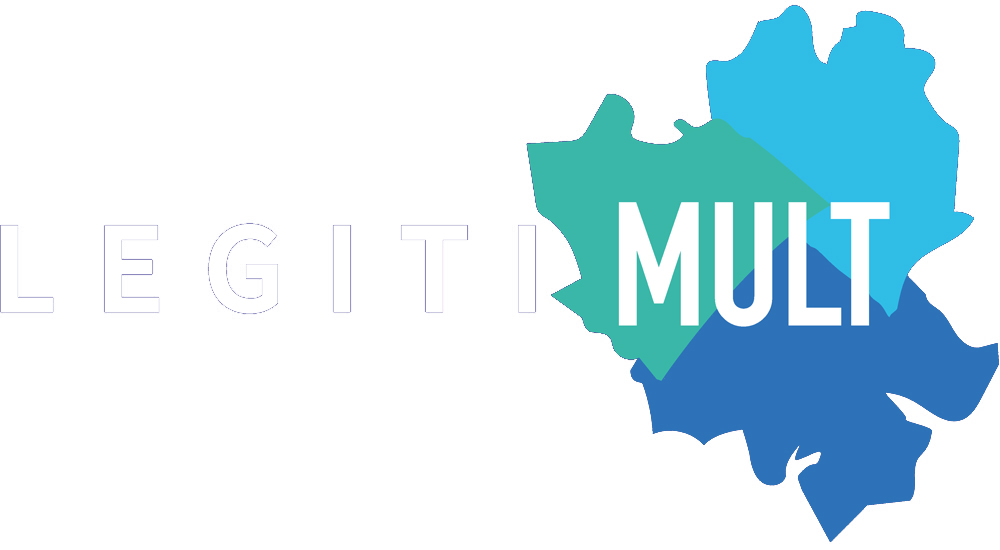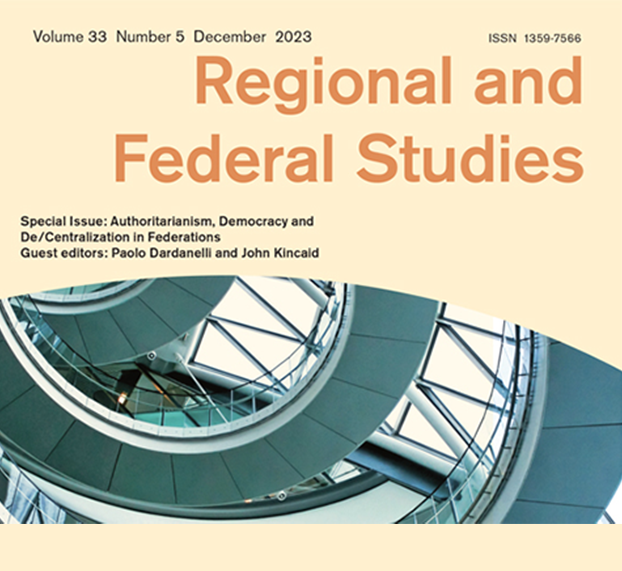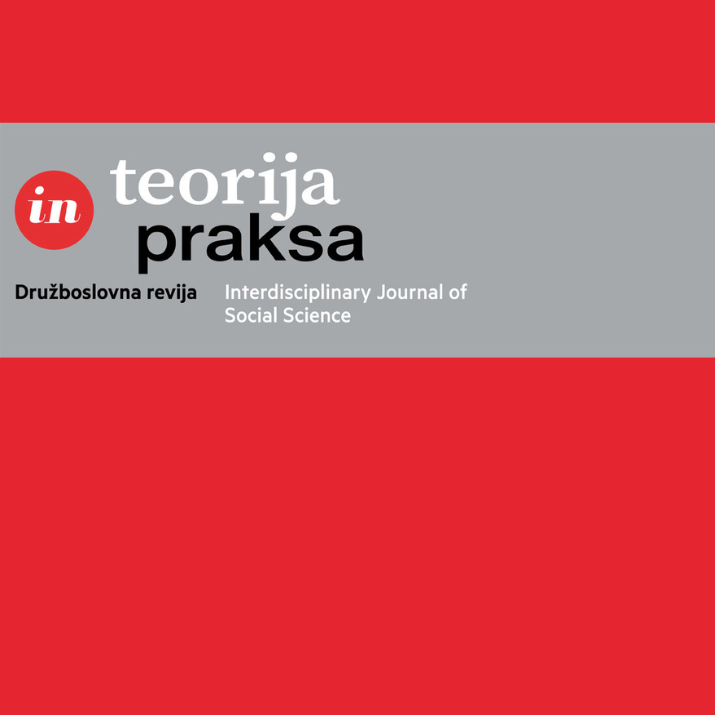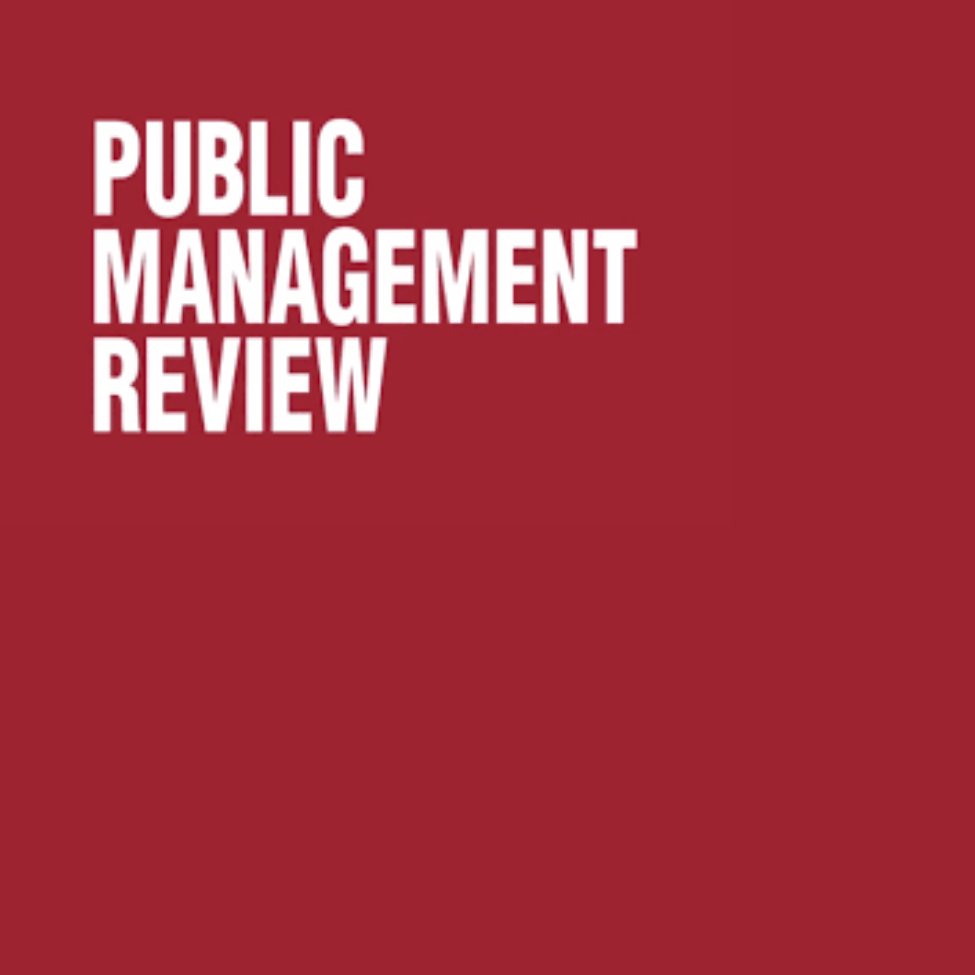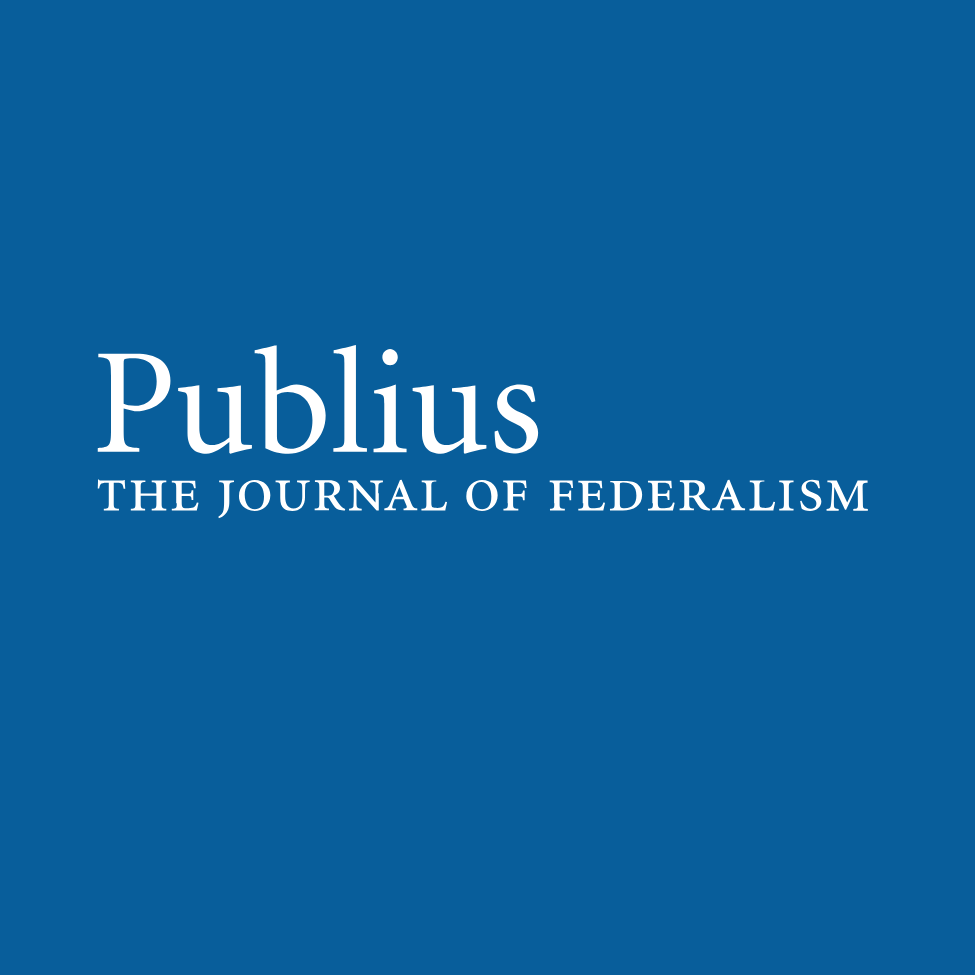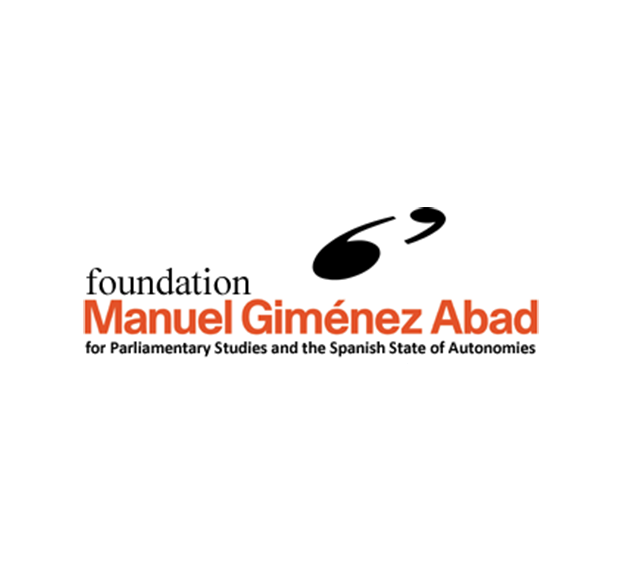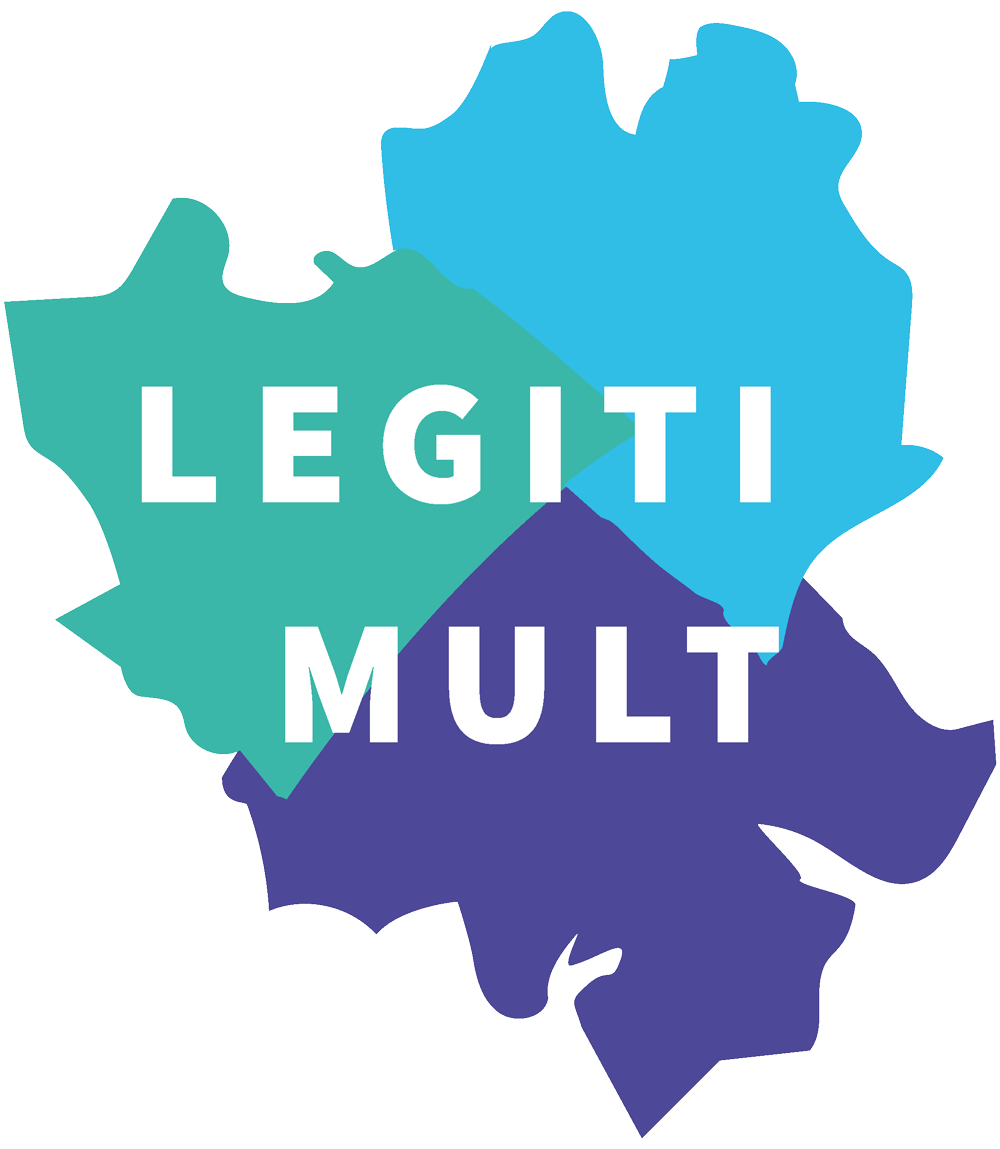Summary
Click any link below to access the item
This pre-print article by Lars Brummel and Dimiter Toshkov examines citizens’ preferences regarding government responses to social protests in liberal democracies. Using a survey experiment conducted in the Netherlands, it analyses under which conditions citizens support governments that push through contested reforms, delay or cancel them, or ignore protesters’ demands. The findings show that support for ignoring protests is mainly driven by the substance of the policy, the existence of majority support, and trust in government, while the level of government does not play a significant role; banning protests receives very little public support.
‘We’re All in This Together?’A Survey Experiment on the Perceived Legitimacy of Region‐Specific Crisis Interventions in Germany and the Netherlands was published in Governance: An International Journal of Policy, Administration, and Institutions. In responding to crises, governments often need to enact restrictions on the freedoms of citizens that might be perceived as intrusive and unfair. Yet, government interventions need to retain legitimacy in the eyes of citizens. We study the perceived legitimacy of pandemic crisis interventions with a focus on the effects of multi‐level governance and region‐specific interventions.
As the Covid-19 pandemic demanded coordinated action from governments at all levels, the role of federalism, decentralization, supranational authorities and other multilevel governance (MLG) institutions and processes in responses to it has come under much scholarly scrutiny. Three years on, much of this literature remains fragmented and in need of synthesis. In this systematic literature review we summarize the literature on the effects of MLG on governments’ policy responses to Covid-19.
In his article (originally published in Slovenian), Mitja Žagar examines the perceptions and experiences of members of social minorities (particularly national, ethnic, and linguistic minorities) during the COVID-19 pandemic. Building on a review of the literature and a clear conceptual and methodological framework, the study presents initial findings from qualitative field research on crisis management and its legitimacy. Based on in-depth open interviews conducted between summer 2021 and June 2024 in Austria, Croatia, Italy, Hungary, and Slovenia, Žagar analyses how pandemic-related crisis governance affected human rights, fundamental freedoms, the principle of non-discrimination, and the broader situation of minority protection, inclusion, and integration.
This document presents the Introductory Explanatory Note and the texts of two scholarly articles:
Žagar, M. (2024). Perceptions of Persons Belonging to (Social) Minorities on the Legitimacy of Crisis Management during the COVID-19 Pandemic: Presentation of Field Research Results. Submitted for publication in June 2024 to the journal Teorija in praksa / Theory and Praxis (in Slovenian; English translation by ChatGPT-40).
Žagar, M. (2023). Legitimate Multilevel Crisis Management from the Perspective of Human Rights, Minorities, and Non-Discrimination. Treatises and Documents / Razprave in gradivo, No. 91, 5–24. ISSN 0354-0286. Available here.
This article examines how citizens’ perceptions of procedural transparency influence political trust during times of crisis, using the COVID-19 pandemic as an empirical case. Rather than focusing on objective levels of government transparency, the study emphasizes individuals’ perceptions of decision-making processes. Drawing on survey data from six European countries, it explores how citizens evaluate transparency during crisis management and the extent to which they value it. The findings reveal a strong positive relationship between perceived procedural transparency and political trust, with transparency emerging as the most important value for citizens in the governance of crises.
This article examines how and why political trust declined across Europe during the later stages of the COVID-19 pandemic. While early studies focused on the initial surge in trust, this research analyzes the period from summer 2020 to winter 2021, when trust began to erode. Using time-series qualitative comparative analysis across 28 European countries, the authors identify key combinations of factors—such as rising policy stringency, mortality rates, and political contestation—that contributed to this decline. They outline three main pathways leading to reduced trust and explore them further through five in-depth case studies.
The Covid-19 pandemic has shown that political actors were willing to take or endorse drastic measures to mitigate the spread of the virus. At the same time, the political systems responding to the pandemic have become increasingly interconnected into multilevel governance structures. Also, studies have shown that political trust is seen as an important precondition for the functioning of a political system, especially in times of crisis, while the drivers of political trust are less often studied. The concept of political trust is also relevant from an MLG perspective, as different tiers of government (in)directly influence citizens’ trust and as citizens can express trust in different levels simultaneously. However, the effect of both contexts on political trust is rarely studied. This paper therefore examines how crises mitigating measures and multilevel governance contexts impact political trust.
European-wide crises have required extraordinary responses from the EU and its member states that affected its governance and legal framework as well as its legitimacy. The recent COVID-19 pandemic spread across borders and involved multiple levels of government to mitigate its socio-economic impact and facilitate a swift recovery. Whilst it is often suggested that the EU’s political legitimacy does not primarily derive from its democratic accountability, the need for speedy decisions and the uncertainty of outcomes further favours executives and intergovernmental decision-making. As legislatures and subnational governments are pushed to the back, European crisis governance created issues of accountability and transparency with repercussions for the effectiveness and efficacy of its policy measures.
Ana Herrero-Alcalde, Javier Martín-Román, and Ignacio Moral-Arce investigate how decentralization shapes government intervention during periods of extreme crisis, addressing a gap in the existing literature. Focusing on the fiscal responses of thirty-one European countries to the COVID-19 pandemic, they analyze whether decentralization amplifies or constrains public sector action.
In their analysis of EU Cohesion Policy, Marius Guderjan and Mario Kölling examine the partnership principle as a central mechanism for promoting multilevel governance and Europeanisation. They argue that the principle has historically enabled the active involvement of regional and local authorities in EU policymaking, fostering both vertical and horizontal integration within the EU governance system. However, their study shows that successive crises, most notably the 2008 financial crisis and the COVID-19 pandemic, have weakened this mechanism.
In multilevel systems, (at least) two orders of government are responsible for crisis management. It is essential to understand how these systems deal with a major crisis such as Covid-19. Based on a review of the literature on crisis management in federal and other multilevel systems, this contribution discusses the advantages and disadvantages of decentralisation and intergovernmental coordination when it comes to the management of external shocks (article in Spanish).
Spain’s mishandling of another climate disaster reveals deep flaws in crisis governance. The article “Rising Waters, Fading Lessons” on The Loop explores how poor coordination and top-down decision-making failed communities. LEGITIMULT research shows that legitimacy improves when governments collaborate across levels and include local voices. This case shows exactly why multilevel, inclusive governance matters in times of crisis.
“Citizens’ Juries (CJs)” introduce a fresh and innovative approach to decision-making. This concept, falling under the broader umbrella of Democratic Innovations, brings together a diverse group of ordinary citizens to deliberate on complex issues, providing a unique opportunity for their voices to not only be heard but also considered in the policymaking process.
If you have any feedback or questions about our publications, please contact the Institute of Federalism
